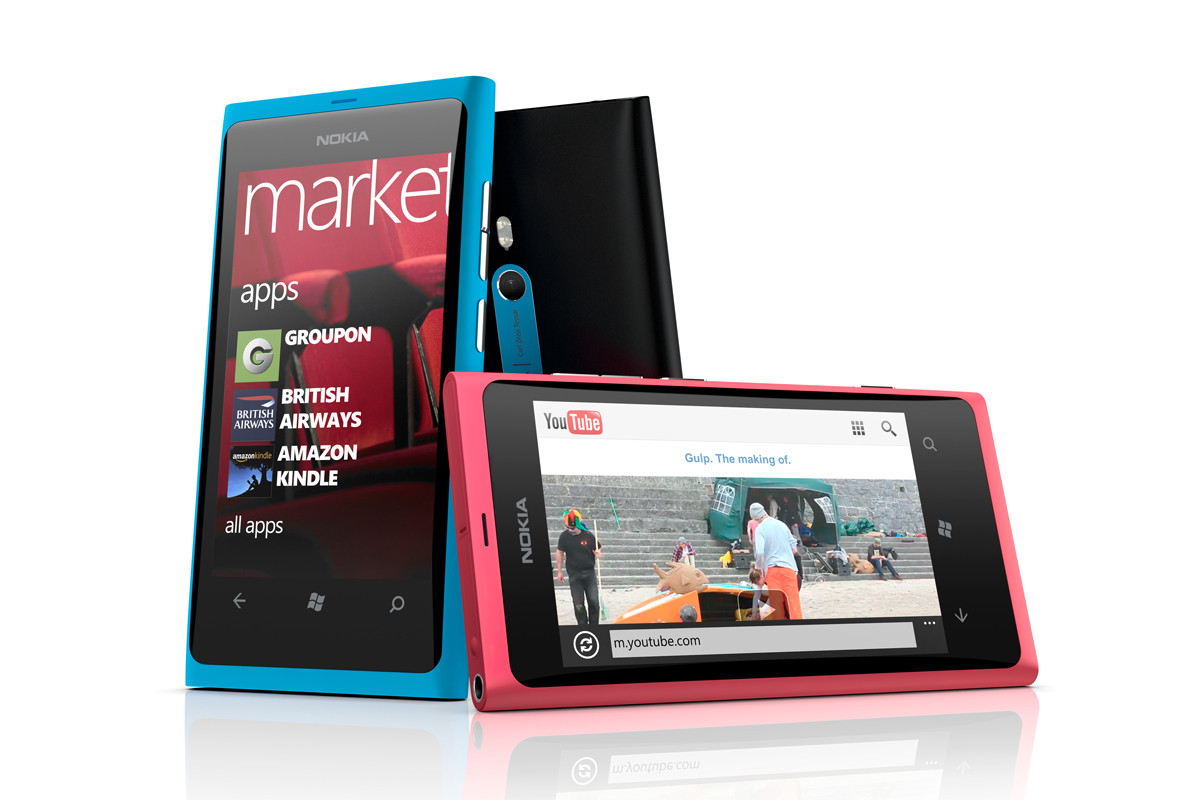Top 10 tech winners and losers of 2011
Many companies and products have done well in 2011 and many others haven't. The winners are as glorious as the losers are dejected and desperate...
Windows Phone 7
Although Windows Phone 7 was officially launched in late 2010, it was only in 2011 that Microsoft's replacement for the awful Windows Mobile 6 finally became a viable alternative to iOS and Android. Updates throughout the year, especially the 'Mango' 7.5 update, added much needed features and refined others.

Although the fledgling operating system is still immature and needs refining, it's now good enough that we know of several employees at companies with BYOD policies adopting Windows Phone handsets in place of Android phones. If this trend continues, Windows Phone 7 will supplant Blackberry as the third mobile operating system of choice besides iOS and Android.
Consumer technology companies
One of the biggest changes to affect IT departments this year is the growing trend towards consumerisation, or more specifically Bring Your Own Device (BYOD) policies, where employees can choose their own computing clients rather than being given one by IT.
Although BYOD won't be suitable for all companies depending on what they do, where it is allowed employees have tended to shun traditional IT vendors such as RIM, Dell, HP and Fujitsu in favour of consumer tech providers like Apple, Samsung and HTC who have reaped the benefits as a result.
Get the ITPro daily newsletter
Sign up today and you will receive a free copy of our Future Focus 2025 report - the leading guidance on AI, cybersecurity and other IT challenges as per 700+ senior executives
-
 Why keeping track of AI assistants can be a tricky business
Why keeping track of AI assistants can be a tricky businessColumn Making the most of AI assistants means understanding what they can do – and what the workforce wants from them
By Stephen Pritchard
-
 Nvidia braces for a $5.5 billion hit as tariffs reach the semiconductor industry
Nvidia braces for a $5.5 billion hit as tariffs reach the semiconductor industryNews The chipmaker says its H20 chips need a special license as its share price plummets
By Bobby Hellard
-
 ‘DIY’ agent platforms are big tech’s latest gambit to drive AI adoption
‘DIY’ agent platforms are big tech’s latest gambit to drive AI adoptionAnalysis The rise of 'DIY' agentic AI development platforms could enable big tech providers to drive AI adoption rates.
By George Fitzmaurice
-
 AI agent announcements are a dime a dozen right now – here’s what Oracle thinks it’s doing differently
AI agent announcements are a dime a dozen right now – here’s what Oracle thinks it’s doing differentlyNews Oracle’s latest foray into the world of AI agents will leverage the firm’s strength in infrastructure and come at no additional cost to users.
By George Fitzmaurice
-
 Future focus 2025: Technologies, trends, and transformation
Future focus 2025: Technologies, trends, and transformationWhitepaper Actionable insight for IT decision-makers to drive business success today and tomorrow
By ITPro
-
 How to use LinkedIn to market yourself as an IT professional
How to use LinkedIn to market yourself as an IT professionalwhitepaper Whether you’re updating your LinkedIn profile or creating one for the first time, it’s critical to remain consistent and credible if you hope to raise your profile within the IT industry
By ITPro
-
 Gaining timely insights with AI inferencing at the edge
Gaining timely insights with AI inferencing at the edgeWhitepaper Business differentiation in an AI-everywhere era
By ITPro
-
 Scaling AI from pilot to production: Maximize AI impact with HPE & Intel
Scaling AI from pilot to production: Maximize AI impact with HPE & IntelWhitepaper Transform AI proof-of-concepts into full-scale implementations
By ITPro
-
 Choosing the Best RMM Solution for Your MSP Business
Choosing the Best RMM Solution for Your MSP BusinessWhitepaper Discover a powerful technology platform that empowers Managed Services Providers (MSPs)
By ITPro
-
 Datto SIRIS business continuity and disaster recovery
Datto SIRIS business continuity and disaster recoveryWhitepaper Save time without cutting corners
By ITPro